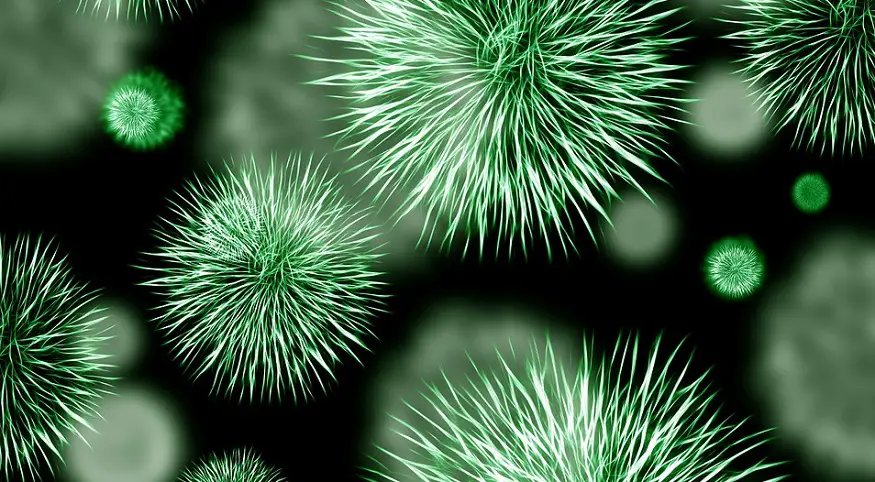
Unique bio hydrogen production processes creates fast on-demand energy
October 3, 2019Synthetic biologists at Macquarie University make renewable power production breakthrough.
With their innovative bio hydrogen technology, the Macquarie synthetic biologists have created genetically-engineered sugar-loving bacteria that can generate on-demand, emission-free hydrogen fuel at a rate that’s reportedly faster than has been done anywhere else.
The renewable zero-carbon energy source can cheaply produce power.
Using their HydGene device, the new synthetic biology innovation cheaply converts cane sugar into hydrogen for on-demand electricity.
The bio hydrogen production is innovative not only because the bacteria is the fastest hydrogen-producing microbes, but because they can sit around with no food for months at a time and can launch into action to generate energy on demand, with pure water being the only byproduct.
“This is renewable energy that uses a two-part system; first, the bacteria consume the sugar and as it digests the sugar it produces the hydrogen gas,” Professor Robert Willows, a synthetic biologist in Macquarie University’s Department of Molecular Sciences, explains, reports Macquarie University.
“Then, we funnel that hydrogen gas into a hydrogen fuel cell which generates electricity.”
The team is developing a prototype for it bio hydrogen production process.
It is well known that many microorganism, such as bacteria and archaea, can produce gases like methane as a side effect when digesting their energy source. However, it is less well known that bacteria and algae can also produce hydrogen.
Although many developers of bio-hydrogen use algae to produce the clean power, according to Willow, bacteria have the advantage of much faster production and lower inputs. Additionally, compared to algae, bacteria do not need big ponds for cultivation.
Moreover, farming bacteria for hydrogen production can also be economically and environmentally beneficial. When provided the right environment, bacteria quickly multiply, are inexpensive to create and don’t require much space.
For their bio production method, the research team used genetic engineering approaches to alter the DNA of certain strains of E. coli bacteria to produce hydrogen from sugars.
Via their method, the metabolism of the bacteria is accelerated, allowing the University team to find the ideal conditions for production. The strain produced in these optimal conditions creates hydrogen at rates higher than any previously published rates of bacterial bio hydrogen.
 The team is currently developing a prototype and early results suggest that the hydrogen technology will be inexpensive to run, quiet and low-maintenance.
The team is currently developing a prototype and early results suggest that the hydrogen technology will be inexpensive to run, quiet and low-maintenance.



 With over 15 years of reporting hydrogen news, we are your premier source for the latest updates and insights in hydrogen and renewable energy.
With over 15 years of reporting hydrogen news, we are your premier source for the latest updates and insights in hydrogen and renewable energy.
I have two questions: 1) Is the hydrogen produced directly or is there a requirement to crack methane to produce the hydrogen? 2) With 11 moles of carbon in each cane sugar molecule, is this carbon captured?
Answers:
1. The hydrogen is produced directly. There is no methane involved in this process.
2. The carbon can be captured.